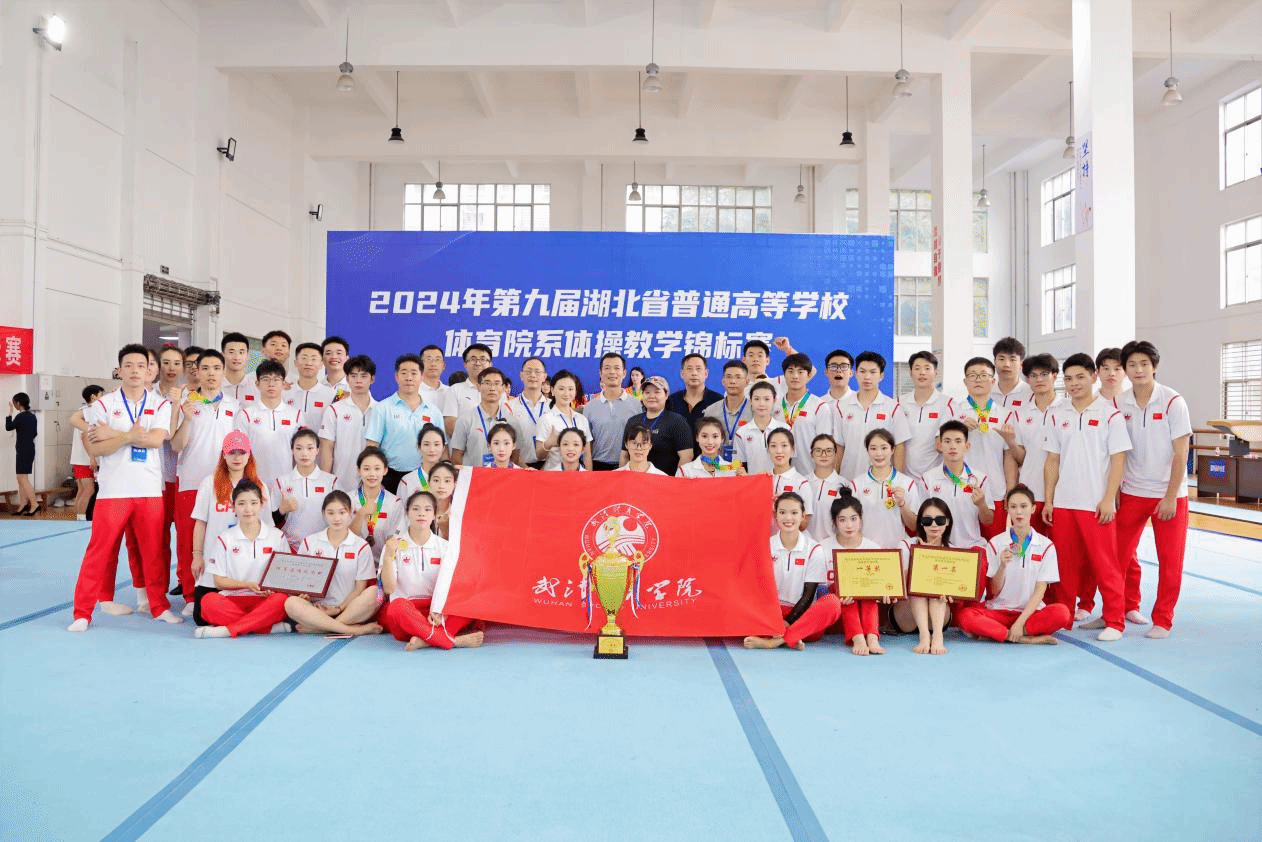Recently, a study conducted by Professor Tang Lixu's research team at our university, in collaboration with several other research institutions, has been published in the prestigious journal Nature Communications (Impact Factor 17.69) under the title "Phosphoglycerate dehydrogenase activates PKM2 to phosphorylate histone H3T11 and attenuate cellular senescence". This study sheds light on the epigenetic mechanism through which serine metabolism regulates aging and presents an important theoretical basis for the development of anti-aging drug therapies.


Serine Metabolism Delays Cellular Aging
In an innovative study at the animal level, the research team explored the connection between the PHGDH-PKM2-H3pT11-SIRT1 signaling pathway and aging. In elderly mice, the transcription level of PHGDH decreases, PKM2 is degraded, leading to a decrease in the overall level of H3pT11, and a decrease in SIRT1 transcription levels. Targeting endothelial overexpression of PHGDH and PKM2 in elderly mice significantly improved their aging phenotype, including enhanced cardiac ejection function, improved vascular contraction ability, and improved muscle mobility.

Previously, as co-corresponding authors, the same research team, in collaboration with other research institutions, also published a research paper titled "Targeting FABP4 in elderly mice rejuvenates liver metabolism and ameliorates aging-associated metabolic disorders" online in the Metabolism journal (Impact Factor 13.934). This study conducted proteomics analysis in young and old cohorts and identified FABP4 as a reliable biomarker of aging among nine aging-sensitive proteins shared by men and women. Additionally, it demonstrated that FABP4 is a feasible target to improve healthy aging in the elderly.






